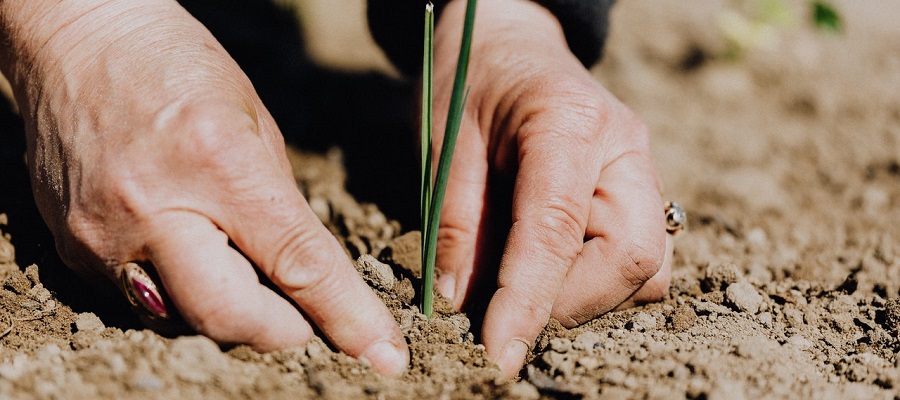Irrigation
South Africa is a water-scarce country. Only 11.4% of South Africa's land is suitable for intensive rainfed agriculture. About two-thirds of the land is considered arid or semi-arid. Rainfall is also unreliable, and there are always prolonged periods of drought, as in the Cape region in 2018, or devastating floods. Irrigation farming is therefore of great importance, and many products - such as wine, fruit, citrus fruits and vegetables, but also potatoes and cereals - are grown "under irrigation". Only some regions in Mpumalanga, Limpopo and KwaZulu-Natal with a humid, subtropical climate manage without artificial irrigation.
Viticulture in the Western Cape
Viticulture is of great importance in the Western Cape Province. Due to the great demand for South African wines, the areas under cultivation in the Cape have been steadily expanded in recent years. South Africa developed into one of the largest wine exporters in the world. In the meantime, however, there is overcapacity, and part of the harvest is used for the production of vinegar and industrial alcohol.
Meat production
Meat production is also adapted to the climatic conditions in South Africa. In the endless drylands of the Karoo, extensive grazing (natural pasture) dominates. In the northwest, this is limited to goats and sheep, while cattle are raised in the areas with higher precipitation. Dairy farming is also found in coastal areas and around urban centers.
Agricultural production and GDP
The agricultural sector's overall share of GDP has declined slightly and is now only 4%, although agriculture accounts for 10% of jobs. South Africa's agriculture is much less mechanized and much more labor-intensive than agriculture in Europe. Overall, however, it is well developed, and the country can successfully compete on the world market with many products, such as wine, fruit, vegetables, tobacco, wool and sugar. Around one million people find work and bread in agriculture.
Packaging industry
South Africa exports its agricultural products mainly to the European Union. Since strict import guidelines apply to packaging for these countries, a packaging industry has developed in South Africa that meets these standards.
Land reform
South Africa's agricultural land is owned either by agribusiness corporations or by large white landowners. Only a minimal proportion is owned by small black farmers. For this reason, land reform or redistribution of agricultural land à la Zimbabwe is discussed time and again.


